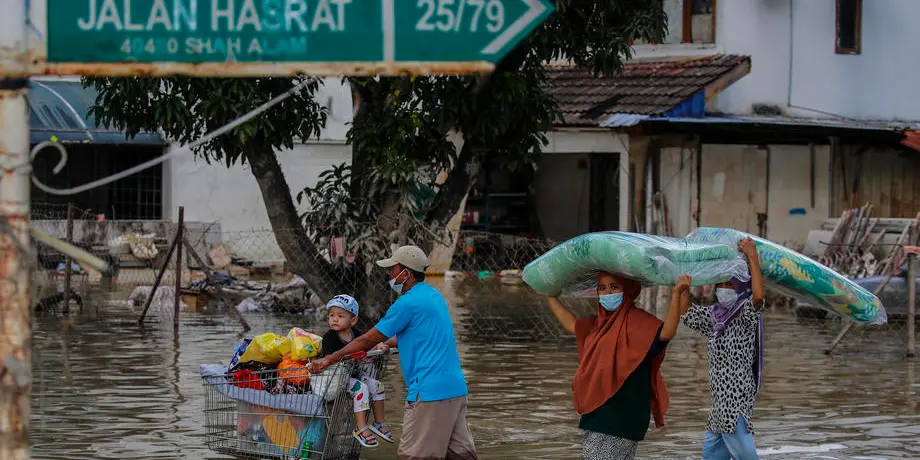
Rights of indigenous peoples and local communities must be the focus of climate change solutions
November 01, 2022

BANGKOK – The rights of indigenous peoples and local communities must be put at the center when discussing urgently needed solutions to the ongoing climate crisis, lawmakers, civil society members, and experts said in the first ever conference on the role of parliamentarians in addressing climate change in Southeast Asia, organized by ASEAN Parliamentarians for Human Rights (APHR).
“Climate change is not something that can be postponed; in fact action needs to be taken yesterday. Parliamentarians have a big role to play in order to avoid a climate catastrophe, which will disproportionately affect poor and marginalized communities.” said Charles Santiago, APHR Chairperson and former Malaysian MP.
The two-day conference, held in Bangkok on 29-30 October 2022, gathered former and current parliamentarians from the region as well as regional and international experts, civil society organizations, affected communities and other relevant stakeholders who have been active and engaged on climate change issues.
Participants shared their experiences and knowledge and discussed possible alternative approaches on what lawmakers can do to push further action on climate change from their respective governments, particularly how to ensure that such actions include meaningful involvement from indigenous peoples and local communities, who are often the most affected by the impacts of climate change.
“Climate-induced disasters don’t just result in economic damage, communities are displaced from their lands, indigenous communities lose their culture too,” said Patricia Wattimena, from the Asia Pacific Forum on Women, Law and Development (APWLD). Wattimena added that proposed solutions to climate change, such as large hydroelectric dams, too often ignore indigenous communities’ voices and result in their displacement.
“Parliamentarians should come to the local communities, listen to the impact of climate change, and the impact of climate solutions, and listen to what they need,” said Wanun Permpibul, Climate Watch Thailand.
Participants also noted that funding for the mitigation and adaptation to climate change, which has been generally lacking in the region, has failed to reach local communities. Funding for adaptation efforts have been particularly insufficient, especially as Southeast Asia is one of the most vulnerable regions to climate change in the world, with 56.3 million people living on the coastlines.
“Current climate change finance is not inclusive and less than 10 percent of it reaches the local level. Scaling up adaptation finance is especially important because even if we reach zero emissions today, we still need to deal with historical emissions,” said Dr. Ornsaran Pomme Manuamorn, advisor to Thailand’s Fiscal Policy Research Institute.
She added that adaptation finance was needed not just to address climate induced-disasters such as flooding, but also slow-onset events sea level rises, changing rainfall patterns, and biodiversity loss, which can be devastating to indigenous peoples and local communities.
Mercy Barends, APHR Board Member and member of the Indonesian House of Representatives, said that influential leaders who champion climate change efforts must be protected, particularly as environmental and indigenous activists across the region have often faced criminalization in the past few years. “All levels of society have to work together in order to achieve a just and equitable energy transition that can help us avoid a climate catastrophe,” said Mercy.
ASEAN Parliamentarians for Human Rights (APHR) was founded in June 2013 with the objective of promoting democracy and human rights across Southeast Asia. Our founding members include many of the region's most progressive Members of Parliament (MPs), with a proven track record of human rights advocacy work.